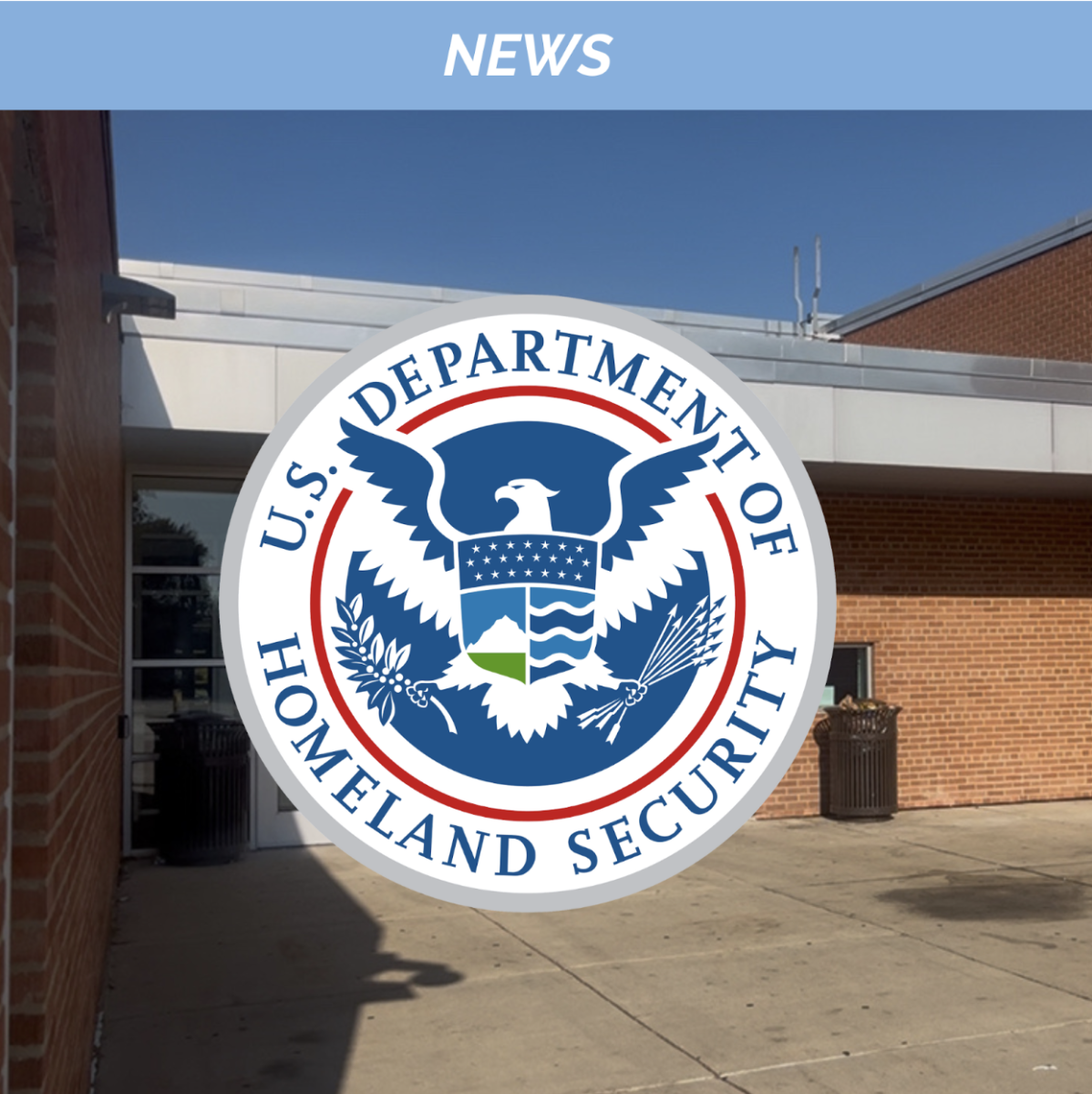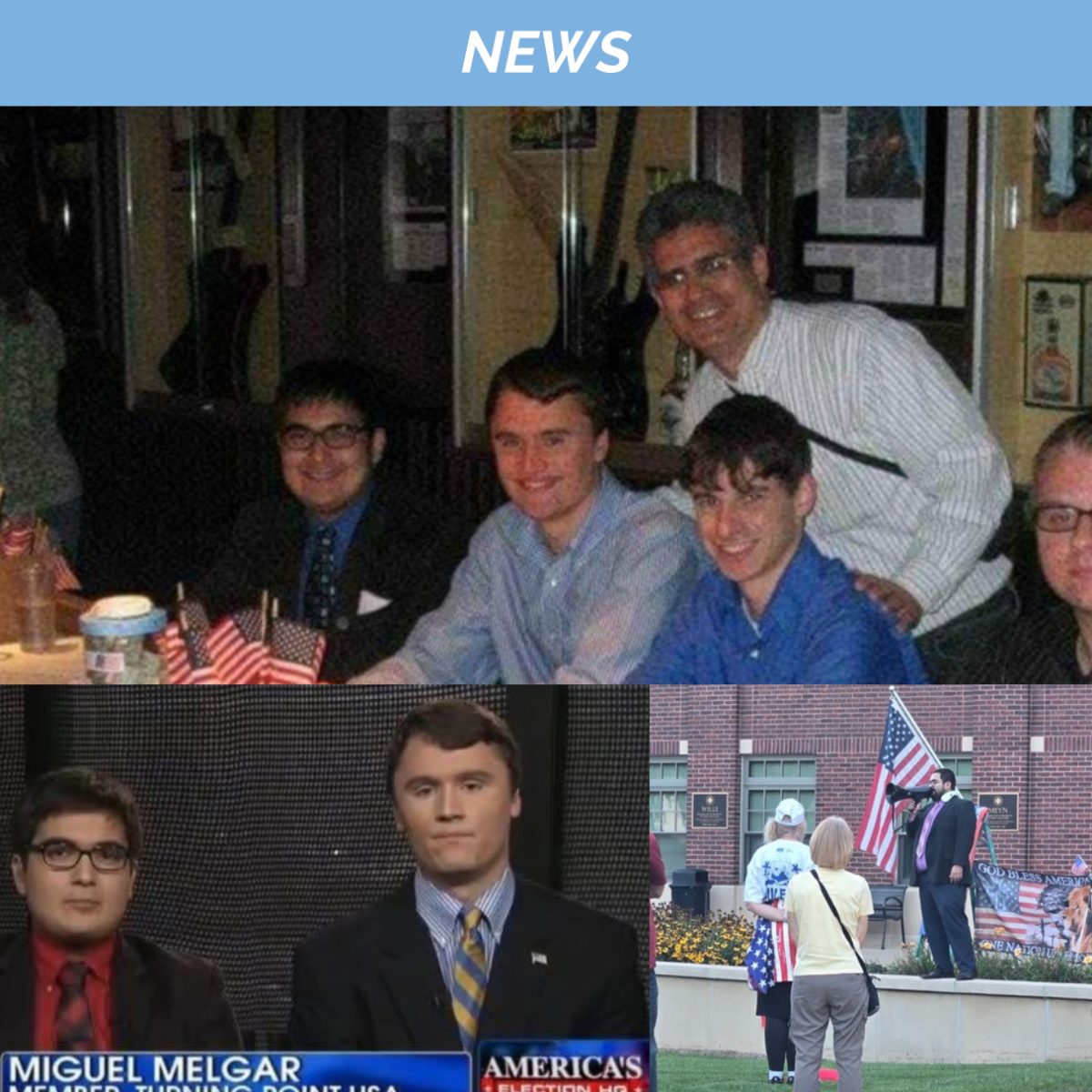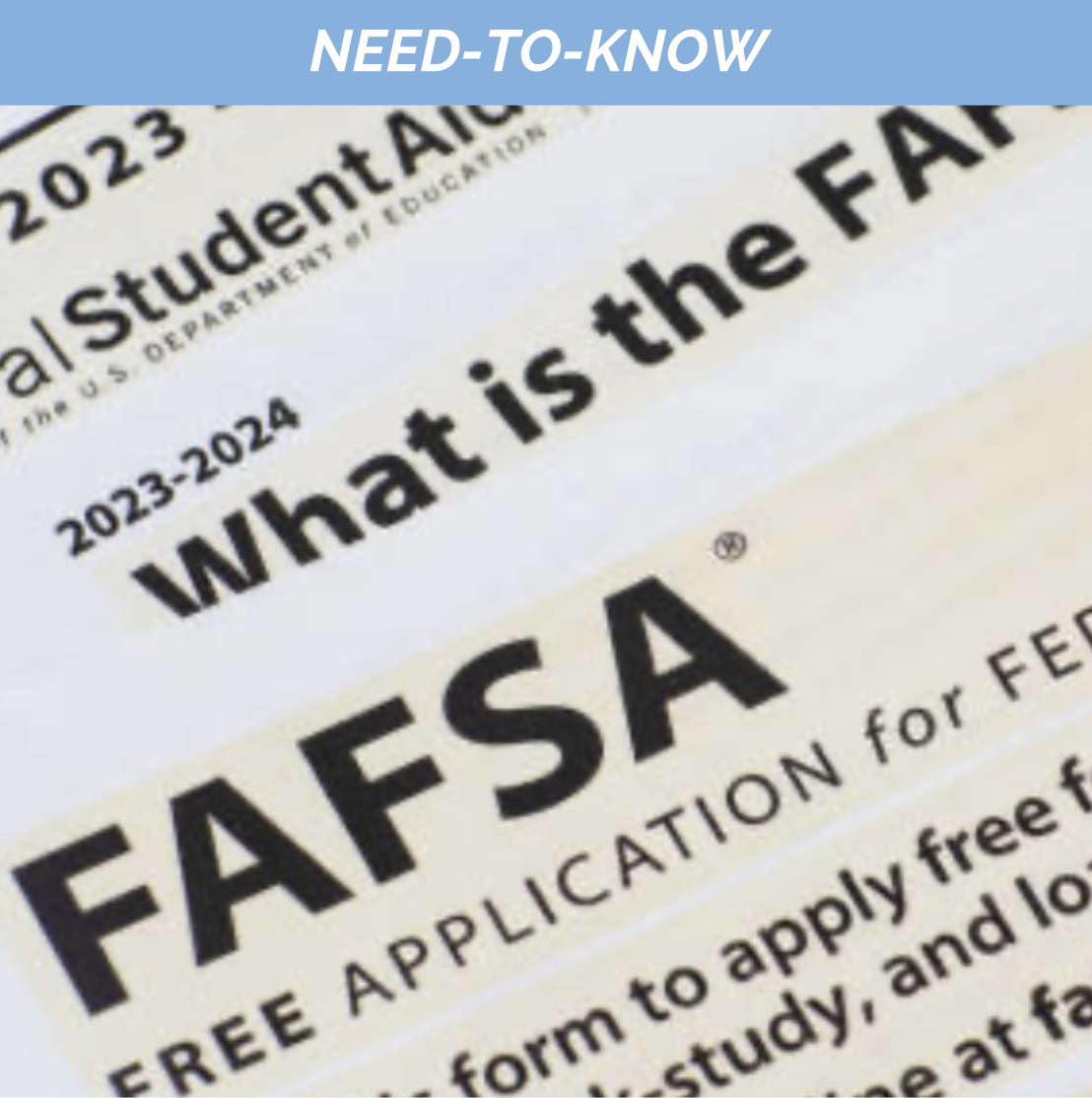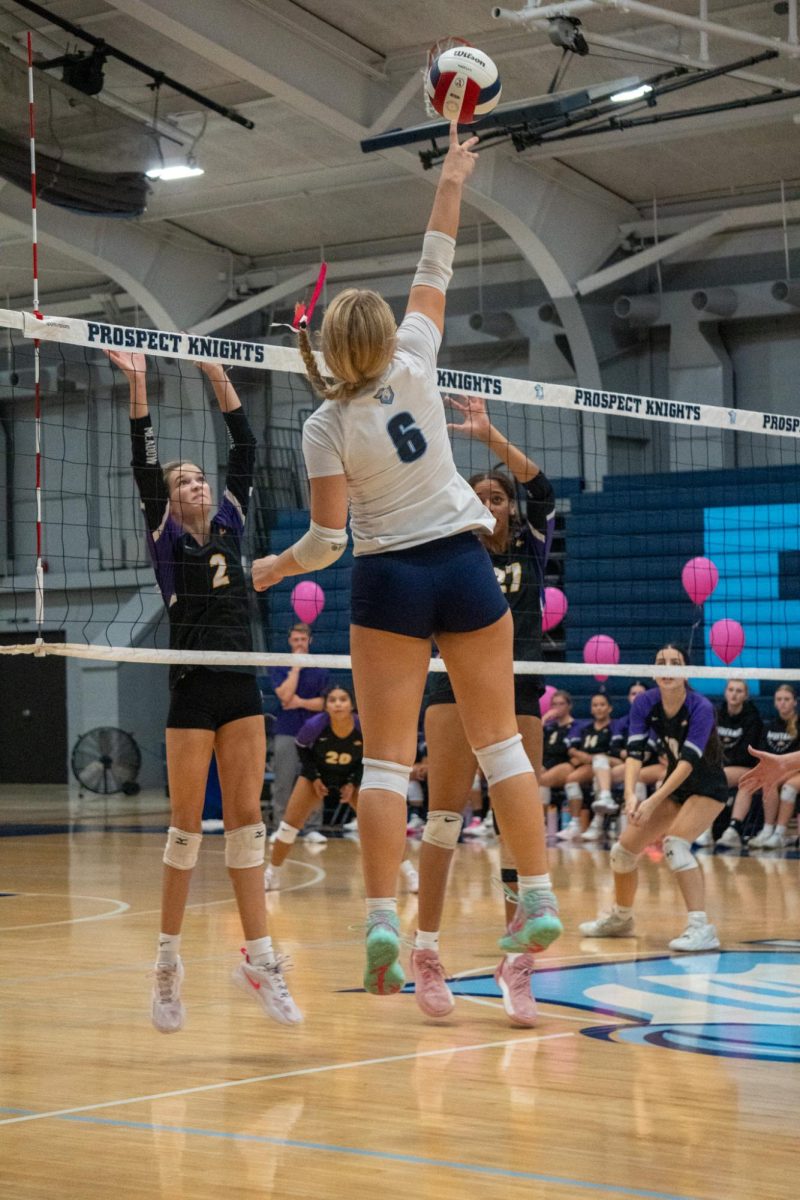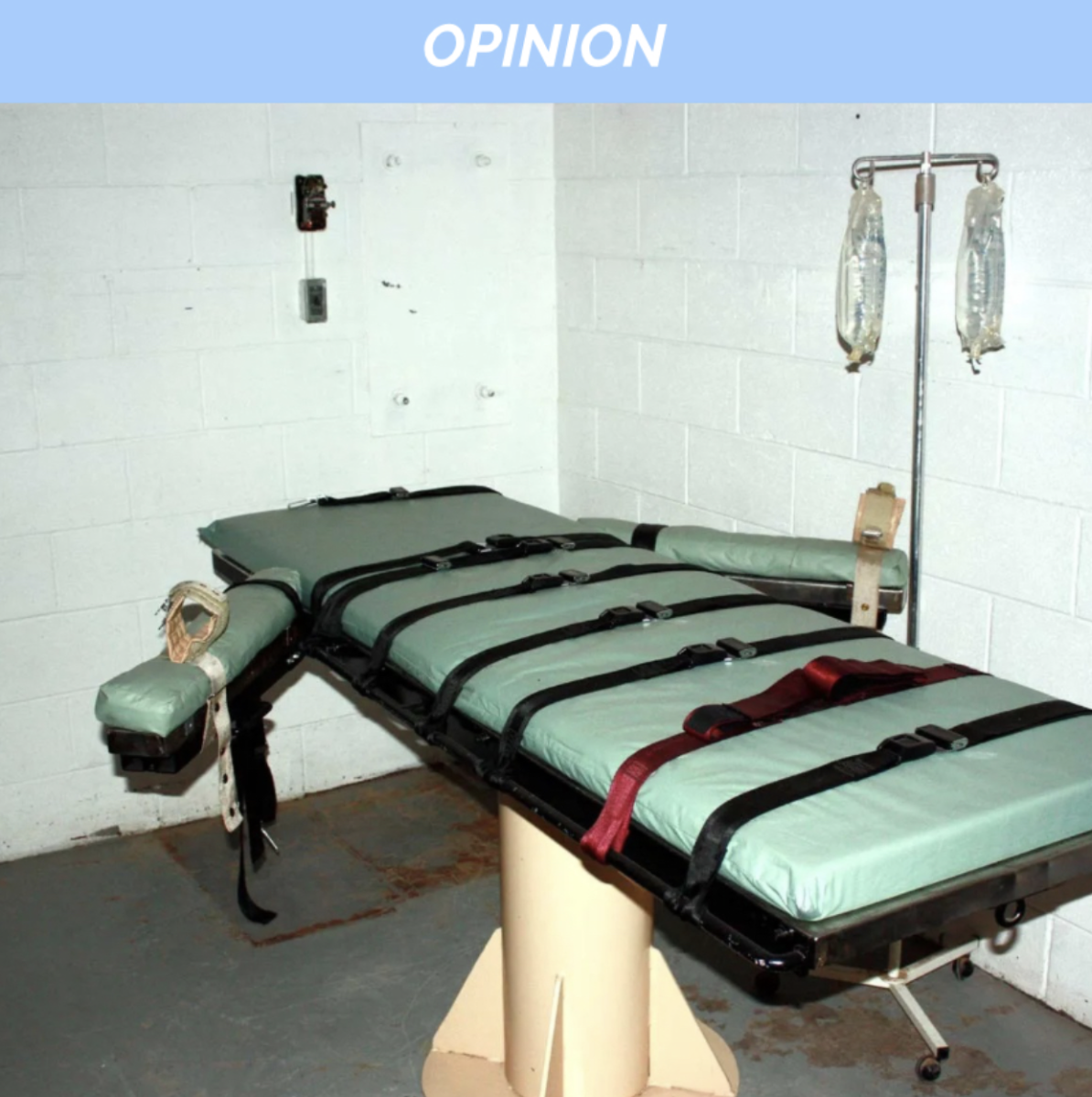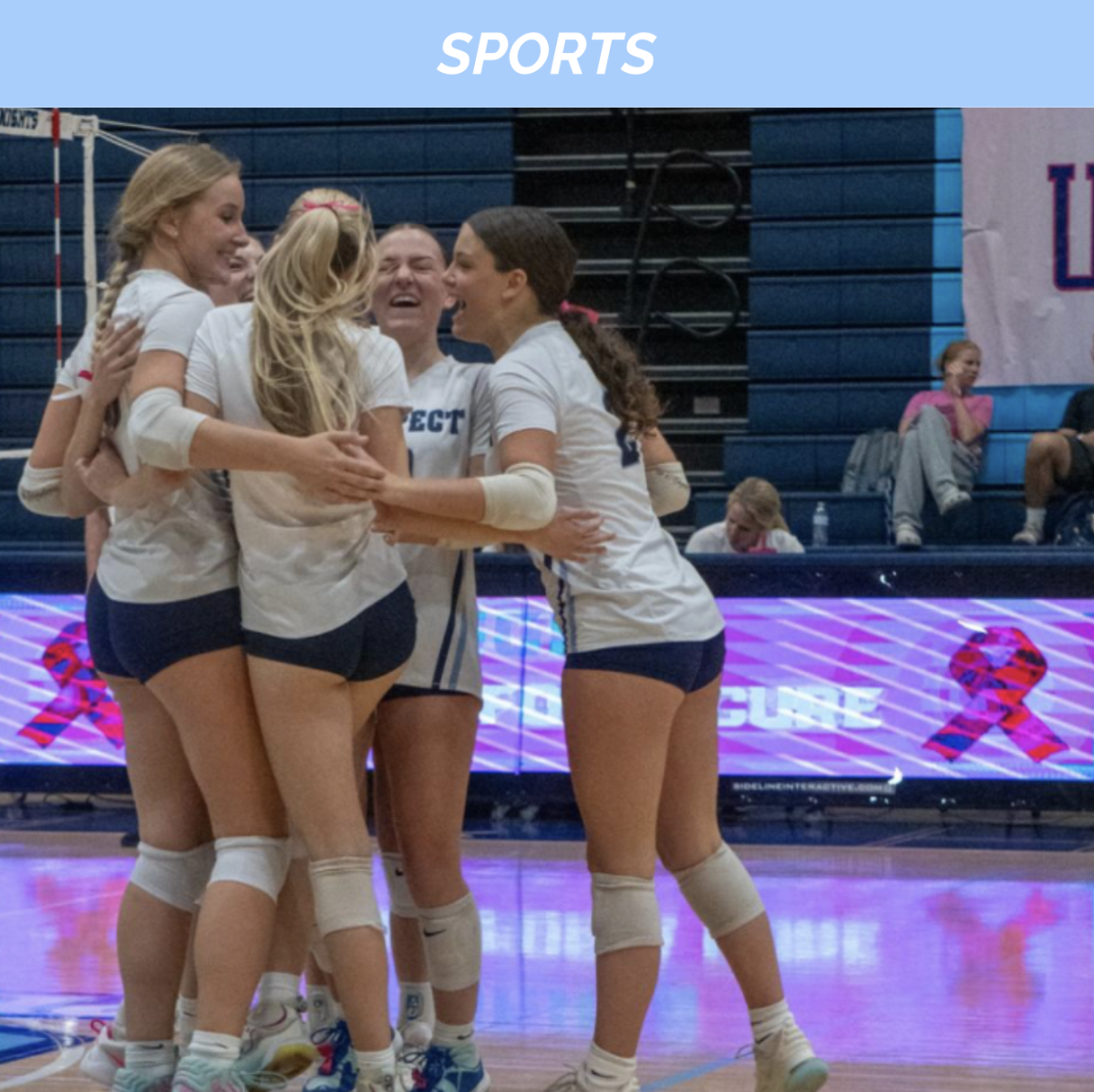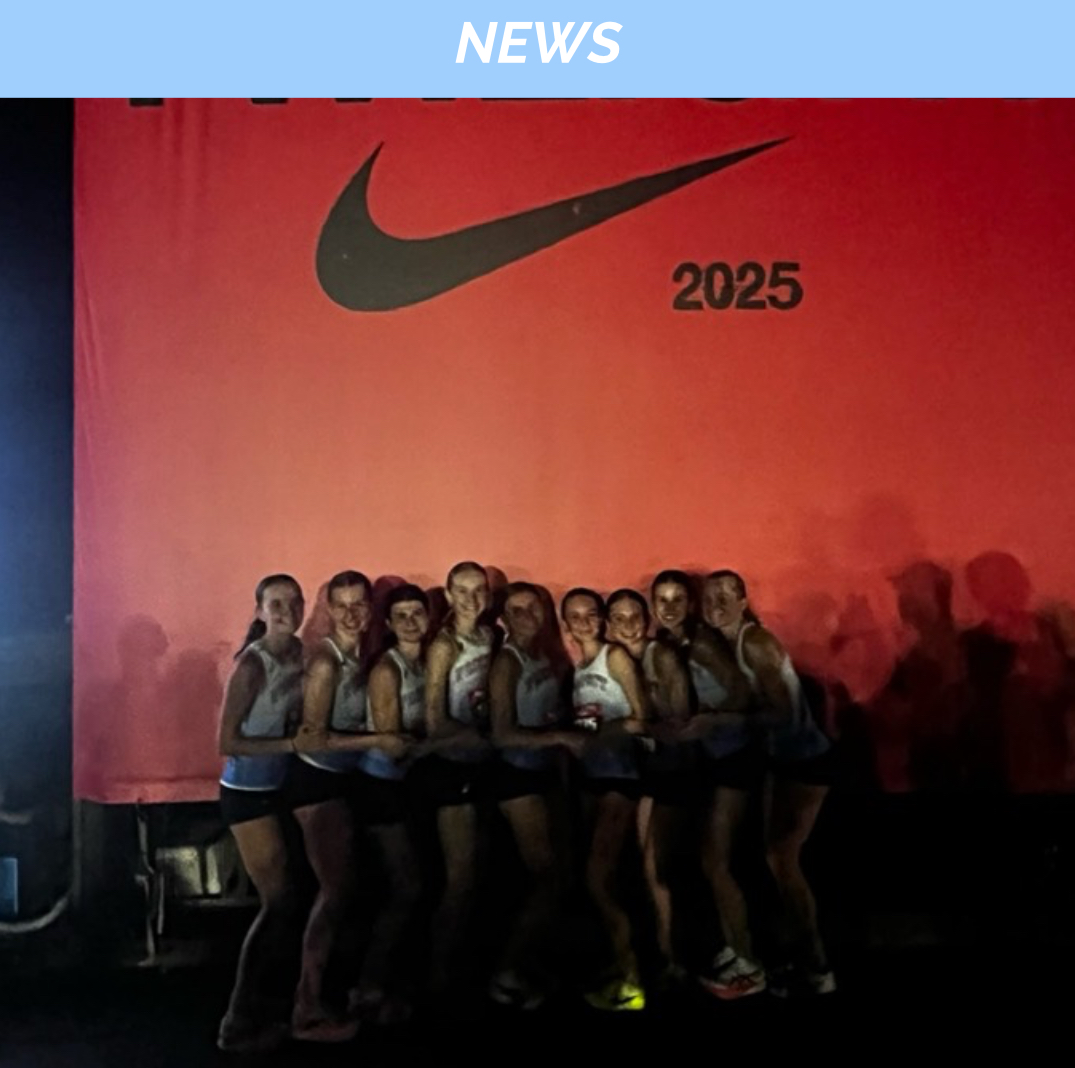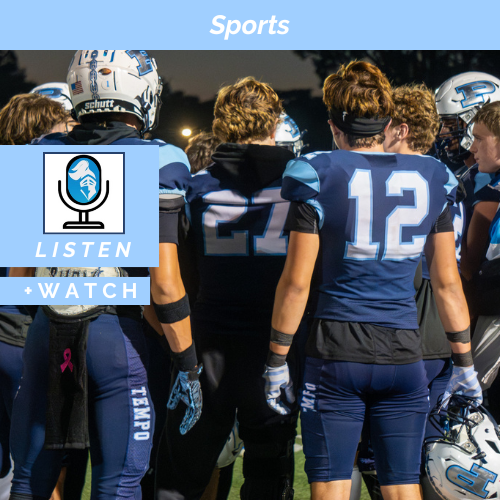Less than 24 hours after inauguration, the Trump administration repealed the policy of the U.S. Immigration and Customs Enforcement (ICE) to avoid entering churches or schools. To address growing concern, District 214 (D214) Director of Community Engagement and Outreach Patrick Mogge took the time to explain the district’s policies concerning ICE to KnightMedia in an Oct. 17 email.
ICE cannot enter a D214 building, Mogge says — not without “a verified and signed judicial warrant” that specifically identifies the location ICE is trying to search.
This means, for example, that if ICE is conducting a search in the general area, they cannot suddenly enter Prospect as part of their search. They must have a warrant signed by a judicial court or court judge and naming Prospect as the building they want to investigate, and obtaining such a warrant can take some time.
If ICE does appear to have the necessary paperwork, Mogge says, “staff are instructed to contact the Director of Safety and Security [Scott Moreth] for guidance.” During this process, ICE still cannot come inside the building but instead is legally required to wait outside.
Moreth has earned a bachelor’s degree in Criminal Justice from the University of Illinois Chicago, completed Northwestern University’s School of Police Staff and Command and served as a police commander for Des Plaines’ police department for over 25 years. He, “in consultation with legal counsel if needed,” would review the documents presented and ensure they comply with students’ constitutional rights and the legal protections afforded by Illinois law.
If the documents and warrant are not valid, D214 would not allow ICE to enter any of their buildings — Prospect included.
“This [D214’s approach] ensures that only trained personnel — working with legal counsel as needed — review documentation, verify warrants and manage communication with outside agencies,” Mogge said.
But while D214 has organized a plan in case of an ICE encounter, these guidelines cannot be implemented everywhere for simple logistical and safety reasons.
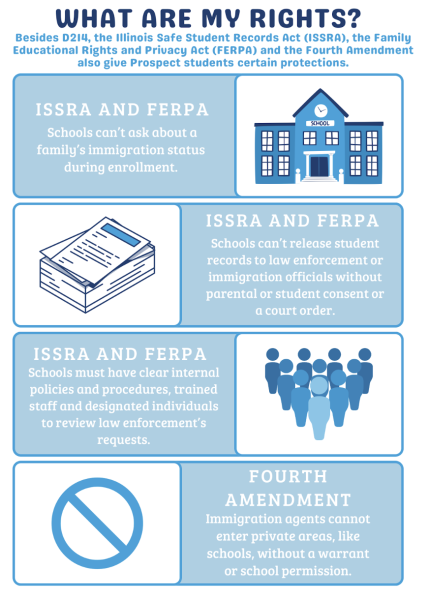
“Schools are not considered public spaces, and both students and school property [in the school building] are protected against unreasonable search and seizure,” Mogge explained. “However, outdoor school events, such as athletic competitions, may provide ICE more flexibility due to reduced privacy expectations.”
Another stipulation to these rules is that if there was some kind of extenuating circumstance (like an immediate threat to students’ and staff’s safety), Mogge says, “access may be handled differently to protect individuals on site.”
Nevertheless, D214 remains committed to adhering to Illinois law and safeguarding their students’ legal and constitutional rights.
Said Mogge: “The district’s goal is to minimize disruption to the learning environment and ensure that student safety and privacy are protected at all times.”
Never miss important news: every Monday, get a preview of what’s going on this week at Prospect, and what went down last week. To sign up for the Knight Notes newsletter, click here.

